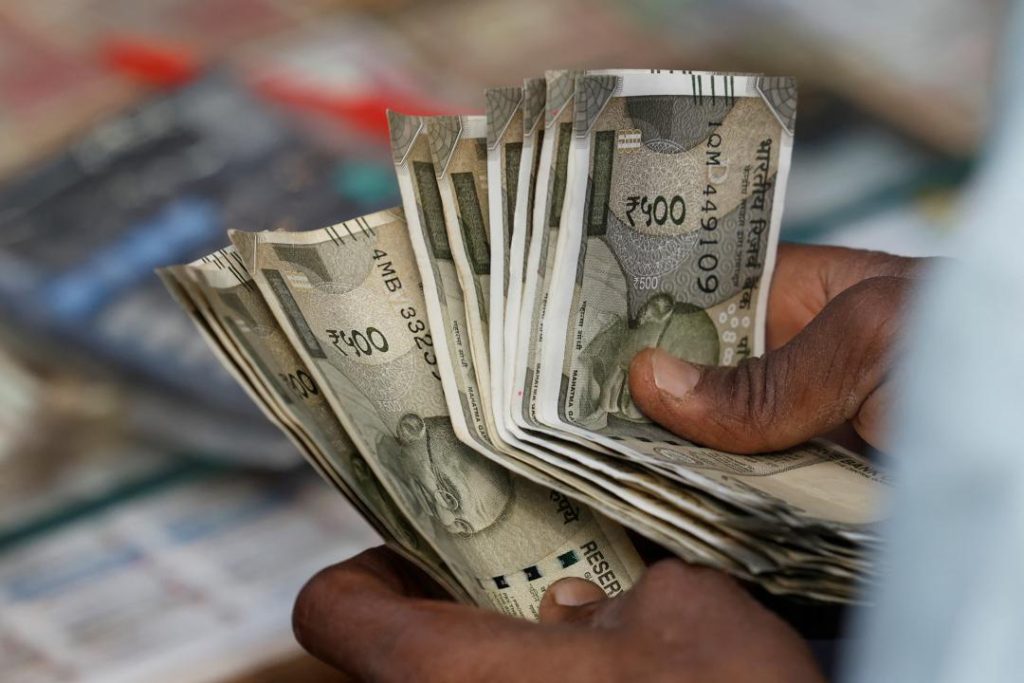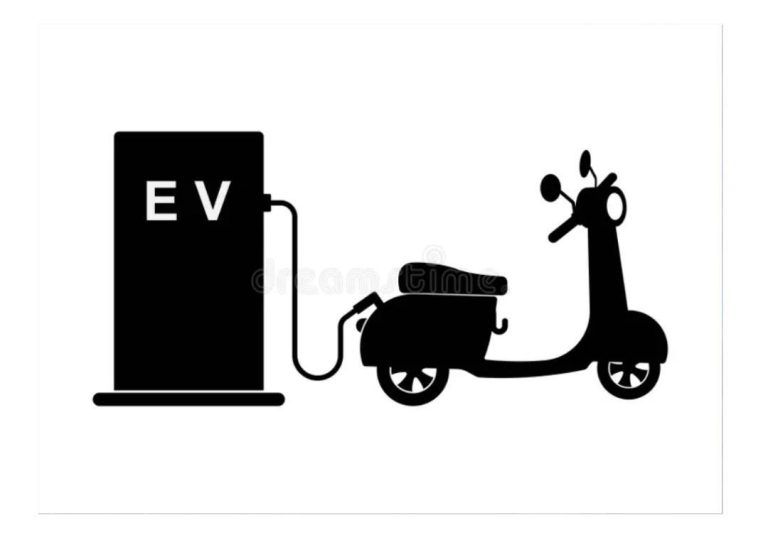
What Got Cheaper & Costlier in March as CPI Falls to 67-Month-Low of 3.34%?
As the Indian economy continues to navigate the complex terrain of inflation, the latest data from the Ministry of Statistics and Programme Implementation (MoSPI) has brought some welcome relief. According to the Consumer Price Index (CPI) data for March, India’s retail inflation has fallen to a 67-month-low of 3.34%. This decline is largely attributed to a significant drop in the prices of essential commodities such as eggs, vegetables, and pulses.
The MoSPI data highlights that the prices of eggs, which had been rising steadily over the past few months, saw a substantial decline of 14.11% in March compared to the previous year. Vegetable prices also fell by 9.21%, while pulses, which are a staple food item for many Indians, saw a decline of 8.23%. These declines have brought some much-needed relief to consumers, who have been grappling with rising prices of basic necessities.
However, not all commodities saw a decline in prices. Fruit prices, for instance, saw a significant jump of 14.45% in March compared to the previous year. This increase is largely attributed to a shortage of certain fruits, such as apples and bananas, due to adverse weather conditions and supply chain disruptions.
Other commodities that saw marginal price increases in March include cereals (up 1.46%), milk (up 1.38%), oil (up 1.21%), sugar (up 1.14%), confectionery (up 1.09%), clothing (up 0.97%), snacks (up 0.94%), sweets (up 0.88%), pan (up 0.85%), tobacco (up 0.78%), footwear (up 0.74%), fuel (up 0.65%), and health and education services (up 0.61%).
On the other hand, some commodities saw a marginal decline in prices. Spices, meat, fish, and housing, for instance, saw a decline of 0.55%, 0.51%, 0.49%, and 0.44%, respectively. Recreation and amusement services also saw a decline of 0.39% in March.
The decline in CPI to a 67-month-low of 3.34% is a welcome development for the Indian economy, which has been grappling with high inflation rates in recent years. The Reserve Bank of India (RBI) has been keenly monitoring inflation rates and has taken several measures to curb inflation, including increasing interest rates and reducing liquidity in the system.
The decline in CPI is also a testament to the government’s efforts to improve the country’s agricultural sector and increase production of essential commodities. The government has been implementing several initiatives to boost agricultural production, including the Pradhan Mantri Kisan Samman Nidhi (PM-KISAN) scheme, which provides income support to farmers.
The decline in CPI also has implications for the Indian economy’s overall growth prospects. Low inflation rates create an environment that is conducive to economic growth, as they encourage consumption and investment. The decline in CPI is, therefore, likely to have a positive impact on the Indian economy, which has been growing at a relatively slow pace in recent years.
In conclusion, the decline in CPI to a 67-month-low of 3.34% is a welcome development for the Indian economy. The significant decline in the prices of eggs, vegetables, and pulses has brought some much-needed relief to consumers, while the marginal decline in the prices of other commodities has also been welcomed. The government’s efforts to improve the country’s agricultural sector and increase production of essential commodities have paid off, and the decline in CPI is a testament to these efforts. As the Indian economy continues to navigate the complex terrain of inflation, the decline in CPI is likely to have a positive impact on the country’s overall growth prospects.






